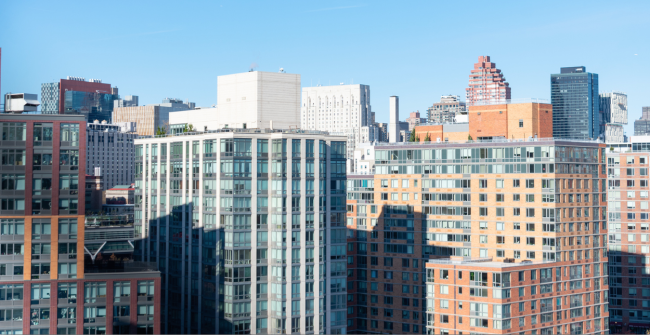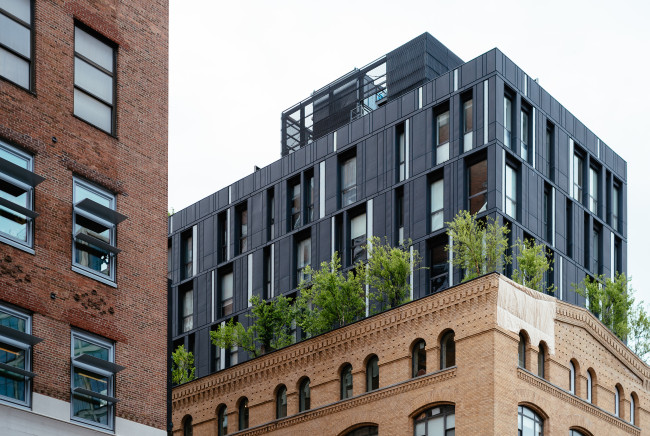Our building is scheduled for a Local Law 152 gas line inspection. How do we prepare?

You may want to hire a plumber to determine whether your building’s systems are in compliance.
iStock
Our building is scheduled for a Local Law 152 gas line inspection. How should we prepare for this?
“The new requirement to periodically check the safety of gas lines became effective on January 1st, 2020 and inspections are staggered, so buildings in different Community Districts have different deadlines to get the work done,” says Steven Wagner, a co-op and condo attorney at Wagner, Berkow & Brandt, who helps boards navigate issues like these.
If your building is in Community District 1, 3, and 10 (in any borough) the gas lines must be inspected by the end of 2020. Every year inspections are to be carried out in buildings across the different Community Districts on a four-year cycle.
“It’s possible to ask for an extension, but failure to comply before the due date can result in a substantial fine of $10,000,” Wagner says.
Gas typically flows at a very low pressure of two pounds per square inch. During the test, the pressure in the system is increased to determine whether there is a leak. If there is, it can be extremely dangerous and result in explosions. Your building’s gas line will be “red tagged” and the gas shut off, cutting off the heat, hot water, and cooking gas.
“In these situations it can take months to get the gas back up and running,” he says. It might mean gas lines to meters would need to be replaced. “This can result in additional expenses for the building and a lot of inconvenience for the residents,” he says.
Getting ahead of the test
“To avoid failing the official test, it is important to be prepared for the inspection,” Wagner says. “You want to fix as much as you can and reduce the chances of failing the test by making sure, for example, the meter is installed in the correct location, and approved materials have been used in the system.”
Ideally, your building’s capital plan already includes a detailed review of your building’s systems along with a timeline of planned upgrades.
If not, consider hiring a plumber to determine whether your building’s systems are in compliance.
“You may even want the plumber to perform a pressure test ahead of the official inspection, even though there is no suspected leak. If there is a suspected gas leak, they are going to have to bring the system up to code,” Wagner says.
Before the inspection, your managing agent and plumber should also create a plan to upgrade your building’s systems quickly so that if your building fails, you can act fast to address the problems.
“If you start doing all this after the gas is shut off, the apartment owners or shareholders will be very upset,” Wagner says.
Depending on the amount of work it would take to bring your building into compliance, you might consider converting apartment gas lines to electric.
“Many people use gas for cooking, but gas is not one of the favored fuels under Local Law 97, aimed at improving building energy and efficiency performance and reducing greenhouse gas emissions by 2050,” says Wagner. “If your building is not compliant after 2024, you can face large penalties.”
He notes that many buildings fund projects like these through a capital reserve fund built from a combination of refinancing, assessments and amending the proprietary lease to include a flip tax of 2 percent.
New York City real estate attorney Steven Wagner is a founding partner of Wagner, Berkow, & Brandt, with more than 30 years of experience representing co-ops, condos, as well as individual owners and shareholders. To submit a question for this column, click here. To arrange a free 15-minute telephone consultation, send Steve an email or call 646-780-7272.






























